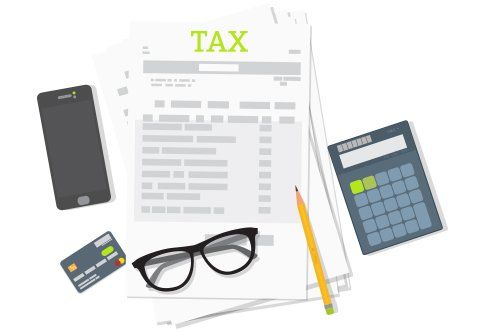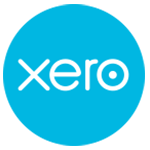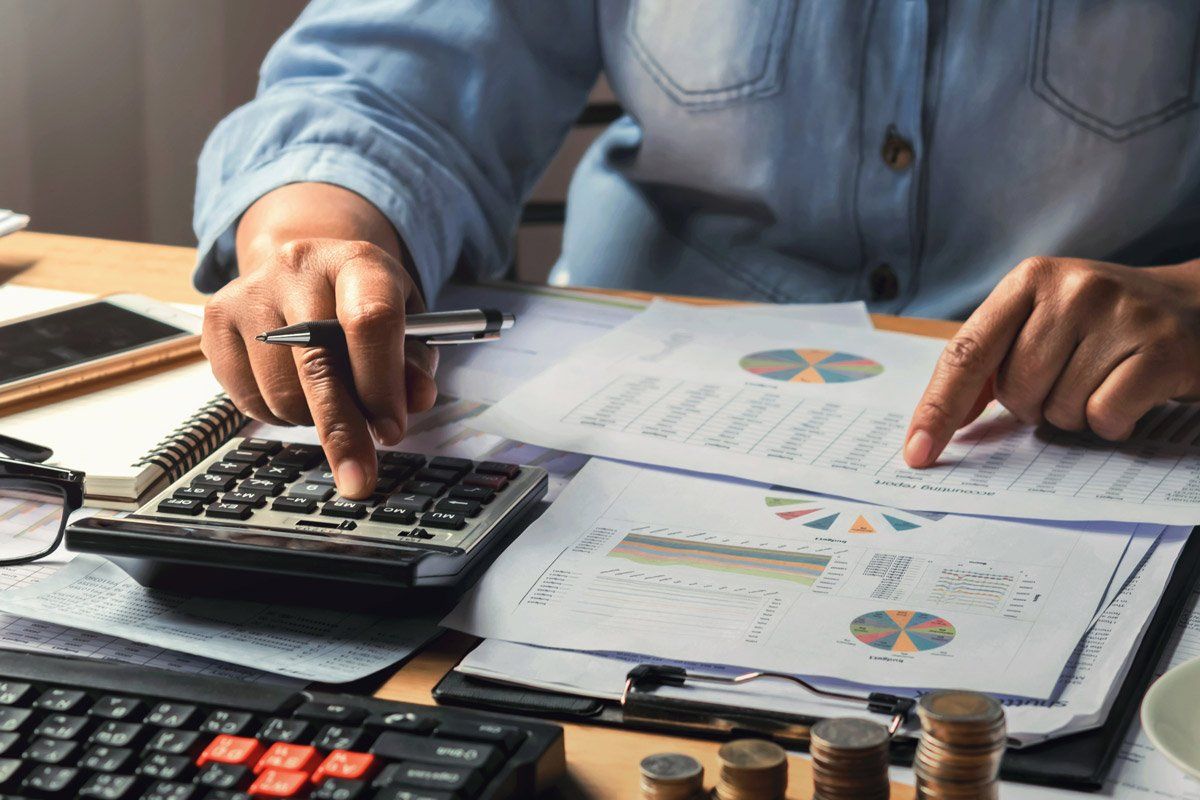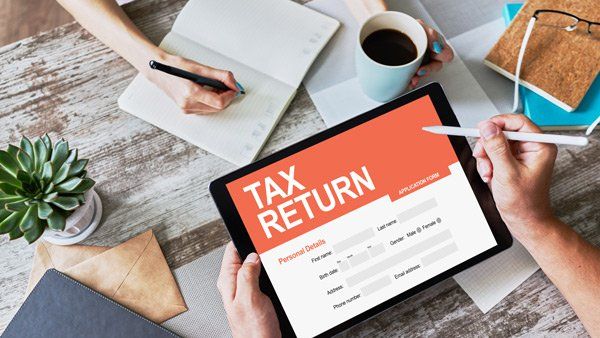
Accountancy Basics: Your Questions Answered
Here at Marden & Co, we understand some accounting processes’ can be difficult to get your head around, and some jargon hard to digest.
Financial Accounting Vs Management Accounting?
Financial Accounting - Focuses on financial statements distributed by lenders, stakeholders, financial analysts and stockholders, and others outside a corporation or organisation.
Managerial Accounting - Focuses on assisting management in the operation of the company. This includes managing company’s costs, assisting with financial decisions, profit planning, capital budgeting and break-even points.
What is a general ledger account?
A general ledger account is an account, or record used to store, sort and summarise a company's transactions. These accounts are then arranged in the general ledger, with the balance sheet accounts, followed by the income statement accounts.
Some general ledger accounts can become a summary of records which can sometimes be referred to as control accounts. In this case, all details that support the summary amounts in one control account will be available in what’s called a subsidiary ledger.
What is the difference between accounts payable and accounts receivable?
Accounts payable is a current liability account. This is where a company records what they owe to suppliers for goods or services they received on credit.
Accounts receivable is a current asset account in which a company records the amounts they hold a right to collect from customers who have received services or goods on credit.
What are accruals?
The accounting term accruals, refers to adjustments that must be made before a financial statement is issued.
These can include:
- Expenses, liabilities and losses that have incurred but not yet recorded in the accounts.
- Assets and revenues that have been earned but not yet recorded in the accounts.
What is equity?
Equity can mean:
- Indicate an ownership interest in a business (stockholders/owners equity).
- Be a combination of liabilities and owner’s equity.
- An owner’s interest in a personal asset, for example a house.
What is owner’s equity?
Owner’s equity is one of the three main sections of a sole proprietorship’s balance sheet.
Assets = Liabilities + Owner’s Equity.
It represents the owner’s investment in the business, miners the owner’s draws and withdrawals from the business. Plus the net income or loss, since the business began.
What is a creditor?
A creditor could be a supplier, person or bank that has provided money, services or goods to a company, yet expects to be paid at a later date.
What is GAAP?
GAAP - Generally Accepted Accounting Principles.
GAAP consists of:
- Basic accounting principles, concepts and assumptions. These could be cost principle, full disclosure principle, time period assumption, monetary unit assumption and more.
- Generally accepted industry practices.
- Detailed reporting standards and other rules established by the Financial Accounting Standards Board (FASB).
What is the difference between assets and fixed assets?
Assets are resources owned by a company as a result of transactions.
Examples:
- Cash
- Accounts receivable
- Inventory
- Prepaid insurance
- Land
- Buildings
- Equipment
- Trade marks
- Customer lists from another company
Fixed assets generally refer to long-term assets, tangible assets used in a business that are classified as equipment, plant or property.
Examples:
- Land
- Buildings
- Manufacturing equipment
- Office equipment
- Furniture
- Fixtures
- Vehicles
We hope you found our Q&A valuable, if you’ve got more questions, feel free to call us today, on
01737 851 761, or
fill in our online form. Here at
Marden & Co, we pride ourselves on being a team of professional, fully qualified
accountants based in Banstead, serving Epsom, Sutton, Reigate, Kingston upon Thames, Dorking and across Surrey. We are fully MTD compliant and a
Xero approved partner.





